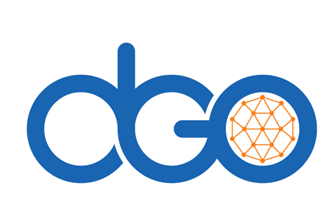Data Governance Office

About Us
The Data Governance Office was established in late 2020 to institute a data governance program and sustainable governance framework built to drive trustworthy, reliable, and responsible use of UTA data.
Our Mission
Our mission is to cultivate a culture of responsible data management and utilization. Through transparency, collaboration, education, and empowerment, we aim to support informed decision-making and drive innovation while mitigating risks.

Our Approach
At UTA, we employ an agile data governance strategy crafted to break down the complexities of data governance into smaller, more manageable projects. Our methodology prioritizes adaptability and agility, fostering collaboration, transparency, and iterative processes. This ensures the continuous relevance and effectiveness of our data governance efforts.
Data Governance Framework
CHIEF ANALYTICS OFFICER AND DATA MANAGEMENT OFFICER
- Leads UTA’s data analytics strategy and driving data-related business changes.
- Responsible for university-wide governance and utilization of information as an asset.
- Central role in fostering alignment and collaboration across organizations to ensure the integrity, accuracy, and security of an organization's data.
DATA GOVERNANCE OFFICE
- Oversees the UTA Data Governance Program’s development, architecture, and administration.
- Leads the UTA Data Education and Engagement Program, providing training and educational opportunities to UTA faculty and staff.
- Responsible for the Data Quality Management Program’s development, framework, and management.
DATA GOVERNANCE COUNCIL Coming Soon!
- Comprised of UTA’s senior leadership and serves as the strategic body of the data governance program.
- Communicates and promotes the importance of data and data governance throughout the institution and advocate for its adoption and compliance.
- Ensure alignment of UTA’s data strategy with the UTA Strategic Plan and operational business goals.
DATA MAVERICK COMMUNITY
- Any individual responsible for the creation, management, use, analysis, and/or communication of UTA data assets.
- Ensures data governance is practiced on a day-to-day basis and data policies and regulatory requirements are being followed.
- Responsible to identify and support continuous improvement in data processes, data management or other activities affecting UTA data assets.
SUBJECT MATTER SPECIALISTS
- Any person on campus knowledgeable about a particular data topic or data process.
- Subject Matter Specialists (SMS) are individuals, not roles within the data governance program.
- A SMS can specialize in a technical field, in operations, or both.